
Proteins are vital for humans’ health. These organic compounds made of amino acids are vital for every living cell in the body. Human hair and nails are mostly made of protein. Proteins are used to build tissues and to repair them if any damage occurs. Proteins play important role in a production of enzymes, hormones and many different bodily chemicals. Proteins are macronutrients, which mean that body needs quite large amounts of them to maintain proper health.
Too much protein
Another interesting thing about proteins and body is that body cannot store proteins the same way it stores fat or carbohydrates. This means that our daily diet must contain carefully balanced amounts of protein rich food, but not too much. Excessive protein intake may put a strain on the kidneys. Also, there is evidence to suggest that people who eat high-protein diets typically excrete excess calcium in their urine. Moreover, too much protein and low intake of carbohydrates may drive metabolism in the state of ketosis, suppressing appetite, causing people to eat less, increasing the elimination of fluids, and losing of water weight.Recommended daily allowance of protein
Both men and women need approximately 0.8 grams of protein per one kilogram of body mass. However, the recommended daily allowance of protein may vary depending on the life style of a person in concern. People involved in heavy physical labour or exercise will need more protein daily. For this group of people, recommended daily allowance is somewhere between 1.2 and 1.8 grams per kilogram of body mass.
Generally speaking, two or three servings of protein-rich food will meet the daily needs of most adults. An example of recommended serving size of protein may be:2 to 3 ounces of cooked lean meat, poultry, or fish1/2 cup of cooked dried beans1 egg, 2 tablespoons of peanut butter, or 1 ounce of cheeseTo get the maximum health benefits one should choose poultry without skin, fish, lean meat and low-fat or fat-free milky products.
Foods rich in protein
Certain foods are loaded with protein and relatively low on fats. These are considered to be the best possible dietary options for daily protein intake. High protein foods, recommended in daily diet are lean meats, poultry, beef, turkey, egg whites, tuna fish, salmon, nuts, beans, milky products, ham, bacon, mushrooms, oatmeal, brown rice, and cornmeal.
Vegetarians can get appropriate amounts of protein from avocados, bananas, watermelons, papaya and peach. Complete protein can only be obtained from animal sources while soybeans are the only plant protein considered to be a complete protein. However, plant proteins can be combined to provide all of the essential amino acids.



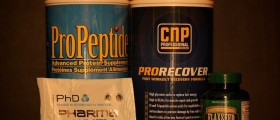
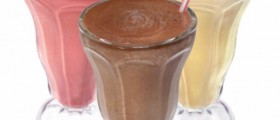

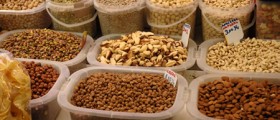
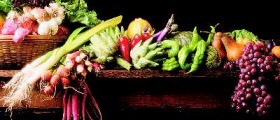
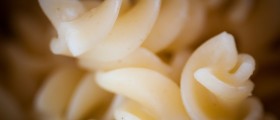




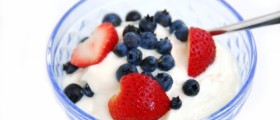

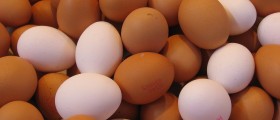
Your thoughts on this
Loading...